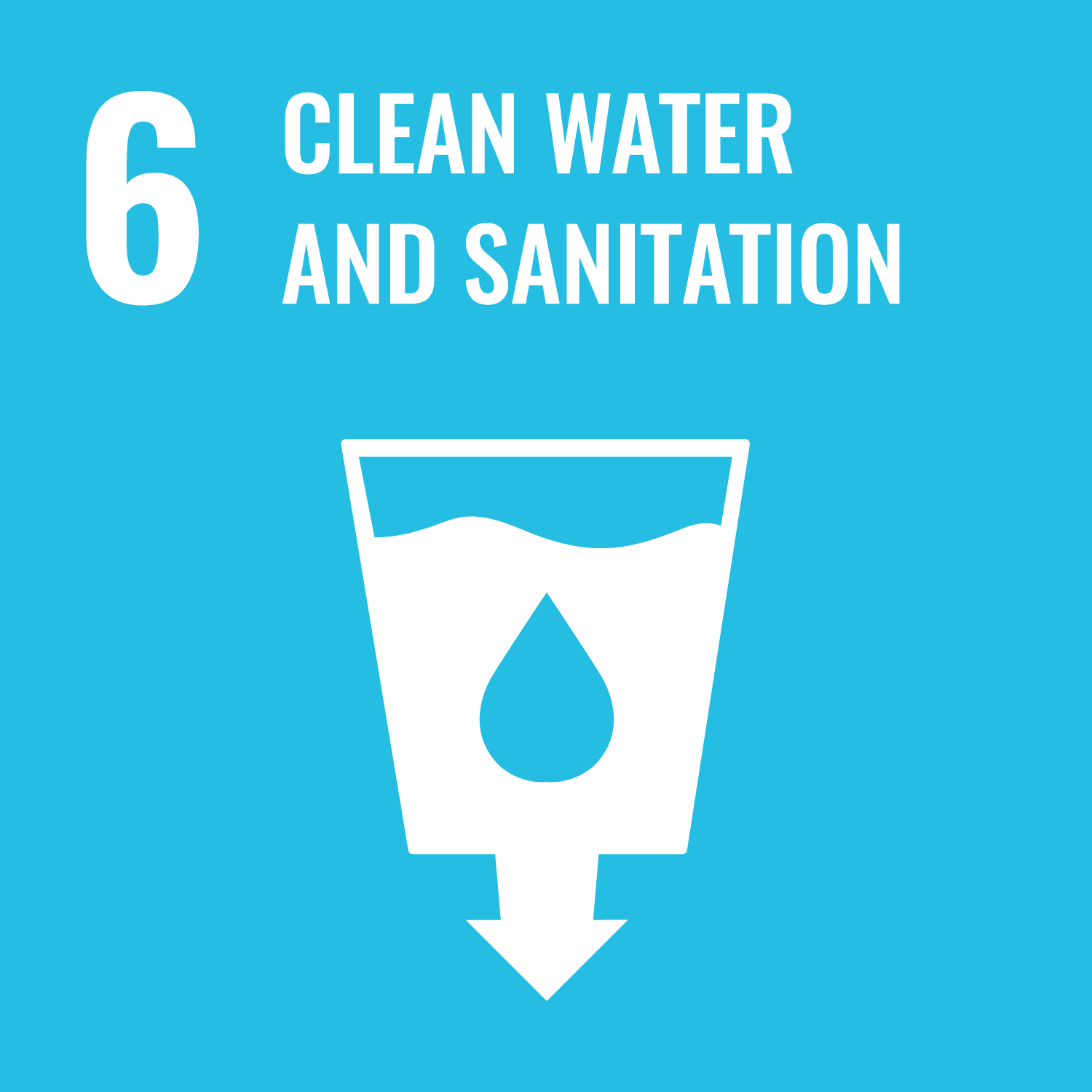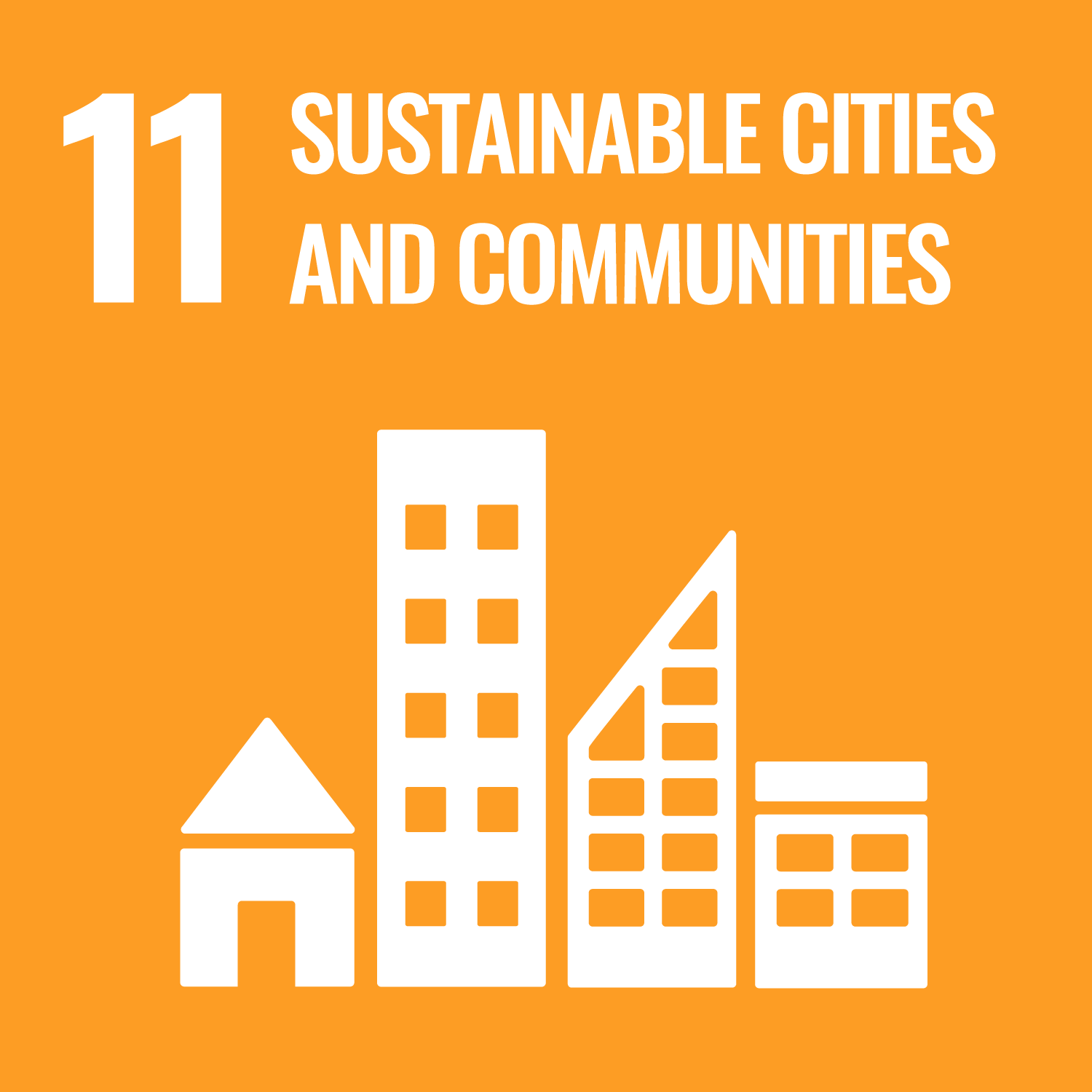ORCID
- Mark Fitzsimons: 0000-0002-6443-6087
Abstract
© 2017 Elsevier B.V. Evidence of ecotoxicological effects of active pharmaceuticals ingredients (APIs) has increased research into their environmental fate. In low and low-middle income countries (LLMICs) the main source of APIs to surface waters is from discharge of untreated wastewater. Consequently, concentrations of APIs can be relatively high in the “impact zone” downstream of a discharge point. Little is known about the fate of APIs in these impact zones. In this laboratory scale investigation, the effect of successive dilution of synthetic untreated wastewater (dilution factor 1 to 10) on the distribution of APIs was studied. The sorption was consistent with the chemical properties of each compound: charge, lipophilicity, and structure. Dilution increased desorption of the basic and neutral APIs (up to 27.7%) and correlated with their lipophilicity (R 2 > 0.980); the positive charge was of secondary importance. Anions did not significantly desorb ( < 10% loss). Increased concentrations of dissolved organic matter at dilutions of 8 and 10 times that of untreated wastewater coincided with lower dissolved API concentrations. The data showed a clear trend in the desorption process of APIs that may lead to higher exposure risk than anticipated. Therefore, it is suggested that these aspects should be accounted for in the development of dedicated environmental risk assessment approach for APIs in riverine impact zones of LLMICs countries.
DOI Link
Publication Date
2018-05-15
Publication Title
Science of the Total Environment
Volume
624
ISSN
0048-9697
Acceptance Date
2017-12-07
Embargo Period
2019-12-16
First Page
333
Last Page
341
Recommended Citation
Bagnis, S., Fitzsimons, M., Snape, J., Tappin, A., & Comber, S. (2018) 'Sorption of active pharmaceutical ingredients in untreated wastewater effluent and effect of dilution in freshwater: Implications for an “impact zone” environmental risk assessment approach', Science of the Total Environment, 624, pp. 333-341. Available at: 10.1016/j.scitotenv.2017.12.092



